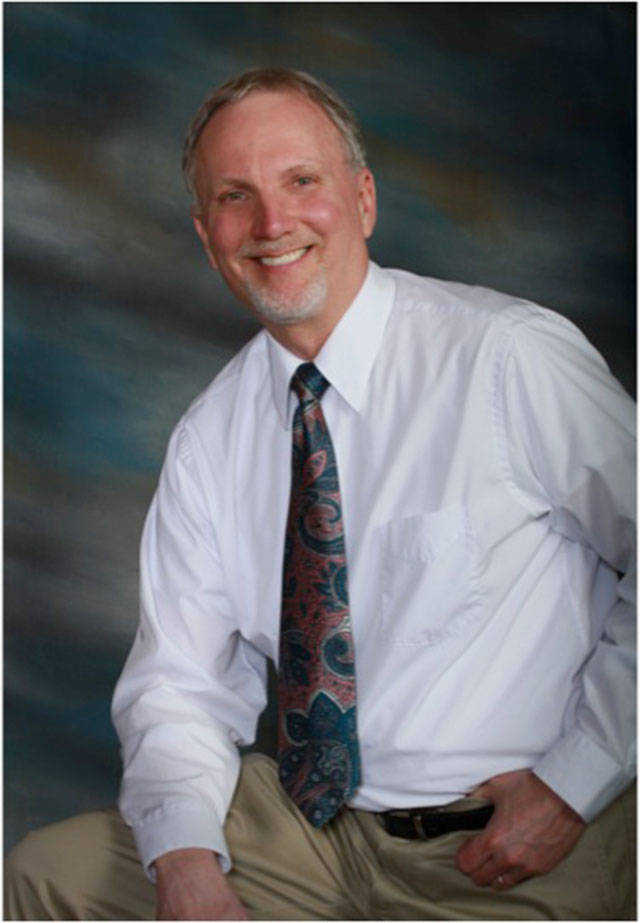Your brain craves certainty and avoids uncertainty like it’s pain.”—(Rock, David. “Hunger for Certainty”: Psychology Today, October 25, 2009.)
According to Rock, “A sense of uncertainty about the future generates a strong threat or ‘alert’ response in your limbic system.” Our brains don’t like uncertainty because it causes a sense of pain. In contrast, certainty rewards the brain with a feeling of satisfaction.
This sounds like Pavlov’s experiment with dogs where they anticipate and salivate at the response of a bell being rung before the meat is seen. The difference is that the dogs had to be trained to connect the sound of the bell to food. For humans, the desire for certainty is inborn; it is part of the wiring of the brain.
We gain certainty in many ways. At a very low level, knowing where your foot will land is satisfying when you walk. Listening to music also brings certainty, because once you know the tune, you can predict what sounds will be heard next. That’s why mind games like Sudoku and crosswords are popular. They’re predictable. Even doing chores like washing dishes, sweeping the floor, or organizing the house can provide pleasure.
Those who act with certainty attract a following. The picture comes to mind of Forest Gump running across the country, creating a nation wide following as a result. People sensed that Gump had a purpose that they lacked, so they imitated him and ran along with him.
The more ambiguity, or the greater the feeling of threat, the more the brain’s amygdala lights up. We are living in times of great uncertainty—politically, socially, and in regard to our health. Because of uncertainty, humans are often driven to the extremes where absolute answers await, even if in the long run they turn out to be wrong.
That was my reason for joining a cult at age 16 during the later 1960s. Seven years later, I left it because the threat of being drafted had disappeared, the riots and political turmoil had died down, and obtaining a master’s degree in history had broadened my base of knowledge and self-awareness.
Information addiction can also be part of the craving for certainty. Our phones are crafted to be addictive through its beeps and buzzes. Twenty-four-hour news also provides coverage of what’s going on in the world at a moment’s notice. When we learn new information, a burst of dopamine floods the brain because a circuit has been completed. That’s probably why change is so hard for all of us. “It’s inherently uncertain”, according to Rock. That’s probably why so few people grow and change as they age. It’s safer to follow known paths rather to risk the unknown.
It also explains why voters can vote for a candidate who is obviously a terrible choice because of his lack of character, evil acts, and constant lying. This candidate has promised a return to an older, safer way of life that in reality never existed, but which rewards the brain with a sense of certainty, real or not. That’s why demagogues like Adolf Hitler, Joseph Stalin, and Mao Zedong gathered such rabid followings. Rational thinking ceased. Emotion took over. The adage by Ben Goldacre applies: “You can’t reason people out of something they were not reasoned into.”
Ben Franklin offered us only two certainties in life: “Death and taxes”. I’ve already shared one more: none of us will live up to our own expectations and goals.
Can you see how this desire for certainty affects us even when we aren’t aware of the desire? It shapes our thinking and causes us to seek out people and sources that confirm what we already believe. It also causes us to ignore and/or condone behaviors of leaders that contradict that which reason and good sense should have made clear.
How do we counteract such harmful behaviors? The answer is simple but putting it into practice is far more difficult. The solution requires self-awareness that we are all hard-wired to seek certainty.
It’s my hope that this column will help you consider your own insecurities and how they motivate you to act in ways that are harmful to you and others.
I conclude with a quote by John Allen Paulos who provides a remedy to uncertainty:
“Uncertainty is the only certainty there is, and knowing how to live with insecurity is the only security.”


